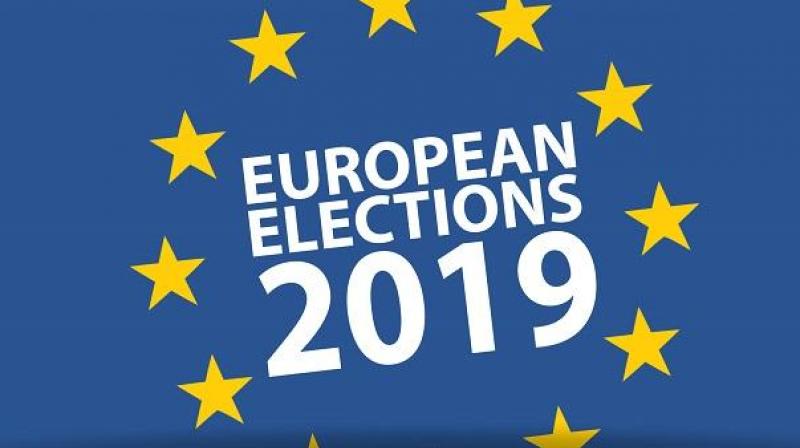EU fears voter apathy despite populist surge

Brussels: Four days before Europe’s 400 million potential voters are called to the polls, EU leaders hope to reverse the usual low turnout to avoid opening the door to eurosceptic forces.
The European Parliament, that will be elected in votes across 28 nations between Thursday and Sunday, has never been more important in framing the continent’s laws.
But each such continent-wide vote since the first one in 1979 has seen a lower turnout than the last, and much of the energy in this year’s race has come from populists opposed to deeper integration. No big personalities have emerged among the supposed candidates to lead the European Commission, the top job in Brussels and one that may end up being assigned by Europe’s national leaders.
Political scientists say the European parliamentary election amounts to 28 parallel national votes, often marked by low turnouts and a strong tendency towards protest voting. This will be the case in Britain, which kicks off the cycle of voting on Thursday and where MEP Nigel Farage’s Brexit Party is dominating the race. But the spectacle of Britain’s chaotic departure may have concentrated minds elsewhere in Europe, and a ZDF opinion poll found that 60 per cent of Germans may take part, up from 47 per cent in 2014.
Voter participation has traditionally been lowest among the young, but this year concerns about a “climate emergency” have seen hundreds of thousands take to the streets to demand action. It has always been difficult to find candidates for top EU jobs that inspire passion across so many different countries and language groups, but previous frontrunners were at least experienced leaders.
None of the so-called “spitzenkandidats” — figures chosen by pan-European parties to lead their campaigns — is a former national leader.
Indeed, the frontrunner as head of the biggest group, the centre-right EPP, is obscure German conservative Manfred Weber, a veteran legislator with no executive experience and a low profile.
Some low-watt star power is provided by outgoing competition commissioner Margrethe Vestager, whose ministerial career inspired the Danish fictional TV series Borgen, but her campaign never caught light.

